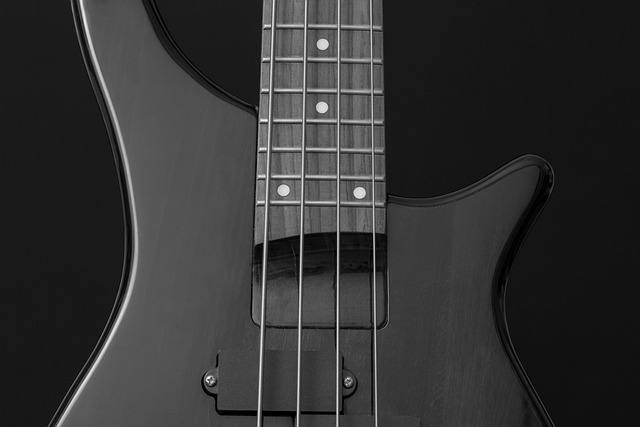The bass guitar has often been referred to as the backbone of the music industry, a crucial instrument that lends both rhythm and depth to various genres. This vibrant instrument has shaped the sounds we know and love today, leaving a lasting impact on the entertainment industry as a whole. From rock concerts to jazz festivals, the significance of the bass guitar can be felt in every note played, connecting the audience to the artists on stage.
When you attend a concert, whether it’s a massive festival or an intimate venue, it’s impossible to overlook the powerful pulse of the bass guitar. As the low frequencies vibrate through the crowd, they create a shared sense of excitement and energy that fills the air. This rhythmic foundation forms a bridge between the performers and their audience, making every concert experience memorable. The way the bass guitar complements other instruments allows for a dynamic interplay that brings songs to life, amplifying emotions and enhancing the overall performance.
Beyond live performances, the influence of the bass guitar extends into the world of cinema and television. Many soundtracks rely heavily on the rich tones produced by this essential instrument, setting the mood and amplifying storytelling. Think back to your favorite movie scenes; chances are, the bass line in the background helped to build tension or evoke a specific emotion. Iconic film scores often feature distinguished bass guitarists, underscoring the importance of this instrument in visual storytelling.
In recent years, industry festivals have seen an explosion of talent that highlights the bass guitar’s versatility. Events such as Les Eurockéennes or the Montreux Jazz Festival celebrate not just traditional rock and jazz genres but also explore innovative sounds and experimental music. Artists who push the boundaries of what the bass guitar can do showcase its adaptability, playing styles that encompass everything from slap bass to intricate fingerpicking techniques. Each performance serves as a testament to how the bass guitar continues to evolve within the music industry.
The impact of the bass guitar is also evident in the way it has shaped musical trends and movements over time. From funk to reggae, this instrument has been foundational in developing distinct genres that resonate with audiences worldwide. The groove created by the bass line allows other instruments to layer harmonically, enriching the overall sound. It’s no wonder that renowned bass guitarists are often considered the unsung heroes of the music industry, with their talent elevating many tracks to iconic status.
Whether you are a musician, a concert-goer, or a film enthusiast, the influence of the bass guitar transcends boundaries. It weaves itself into the fabric of our shared experiences, reminding us of the power of music to connect, entertain, and inspire. As we continue to explore the depths of this remarkable instrument, one thing remains clear: the bass guitar is not just an instrument; it is an essential component of the global music landscape that deserves recognition and appreciation for its profound contributions.



